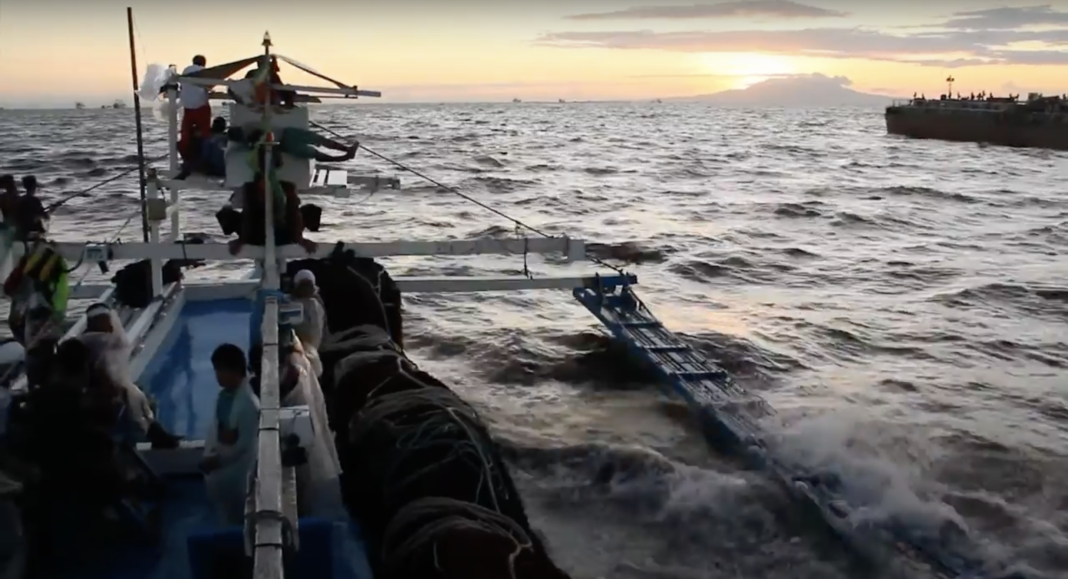Pambansang Lakas ng Kilusang Mamamalakaya ng Pilipinas (PAMALAKAYA) denounced the railroading ratification of the Regional Comprehensive Economic Partnership (RCEP) noting that it will put the country’s local industries including agri-fisheries sectors at stake.
According to PAMALAKAYA, the Marcos Jr. administration turning into this economic and trade agreement mainly promoted by the country that is invading our territory is tantamount to abandoning national sovereignty.
RCEP is a China-led mega-regional free trade agreement that covers half of the world’s population, 38% of the world economy and nearly 30% of the world’s trade volume. China aims to reach an agreement by the end of 2017 or early 2018. It is Beijing’s counter-free trade agreement to the U.S.-led Trans-Pacific Partnership (TPP) Agreement.
However, Council for People’s Development and Governance (CPDG) noted RCEP includes not just China as the biggest economy and biggest beneficiary of the program but also the United States (US), United Kingdom (UK), European Union (EU), and other industrialized countries. Even underdeveloped countries like India, Indonesia, Brazil, and others are implementing protectionist measures. India for instance pulled out of RCEP to protect its farm sector.
RCEP further promised that trade and investment liberalization and other regulatory changes would increase foreign investment in the country, boost trade, create jobs and reduce poverty. However, such may have increased foreign investment and trade but have not resolved joblessness and poverty according to PAMALAKAYA.
“By railroading the RCEP, the Marcos administration has openly demonstrated its subservience to foreign countries, particularly to China which has been pushing the said mega free trade deal,” said Fernando Hicap, spokesperson for PAMALAKAYA.
Hicap said that metric tons of fish were being imported to the Philippines’ local market even before RCEP was introduced. From 2018 until 2022, the Philippines has imported more than 200,000 metric tons of round scad and other pelagic fishes from China, Vietnam, at Taiwan.
Other potential impacts of RCEP in the fishing sector include:
- Intensified conversion projects in fishing grounds and coastal areas by Chinese investors and developers; and
- Expansion of private aquaculture in municipal fishing grounds funded by Chinese firms for export in their country.
“It is very disappointing that the Marcos administration and its legislators did not even consider the ongoing usurpation of China in the West Philippine Sea before they approved the RCEP,” Hicap said.
The fishers group further affirmed that the government should prioritize the strengthening of the local industries rather than implementing such policies under import liberalization.
“By breaking free from foreign policies that favour powerful countries such as China can the Philippine government only effectively assert our national sovereignty,” Hicap ended.





























